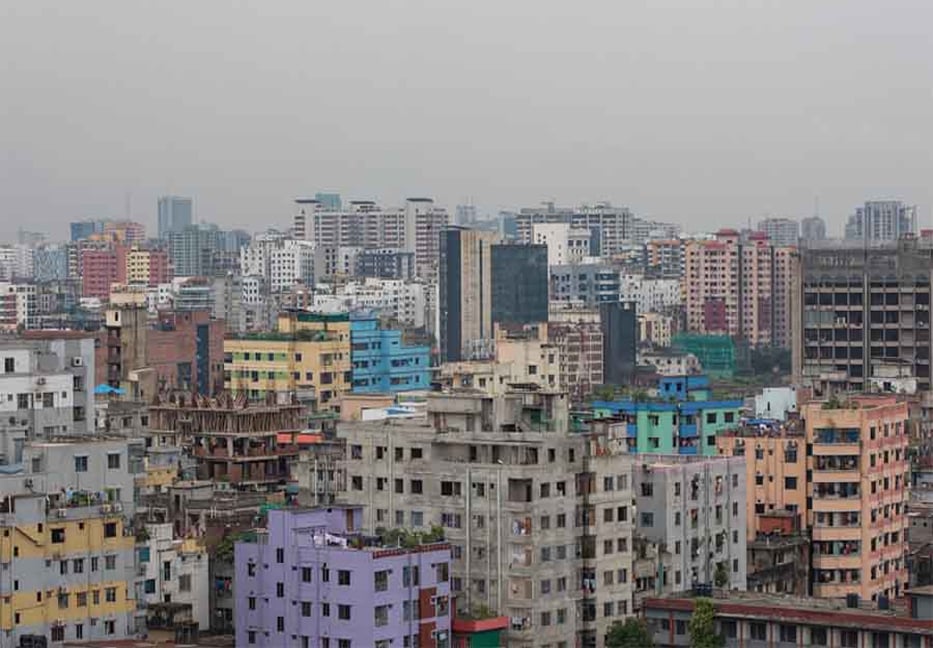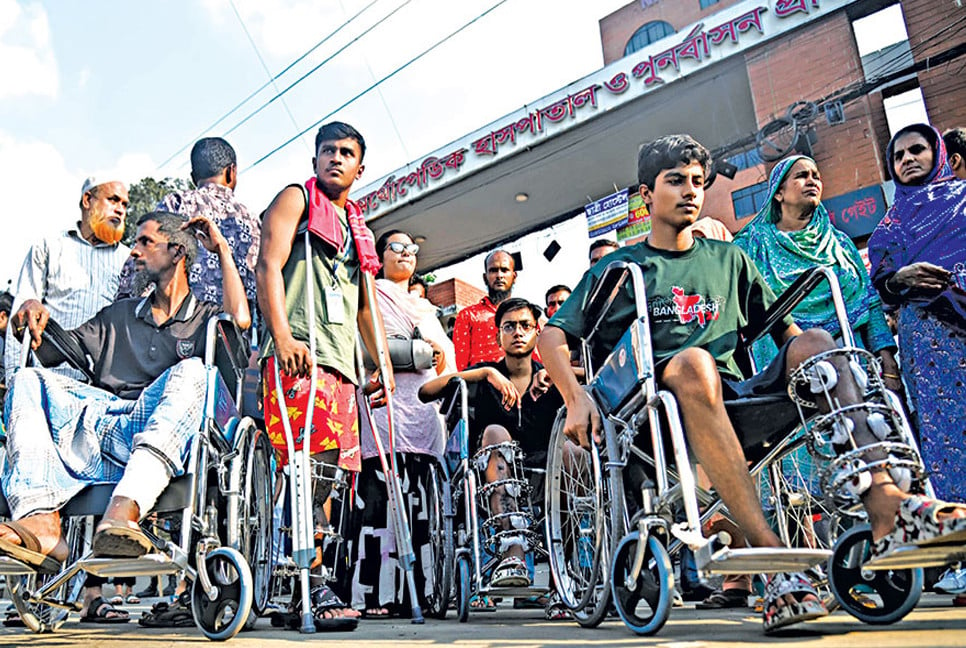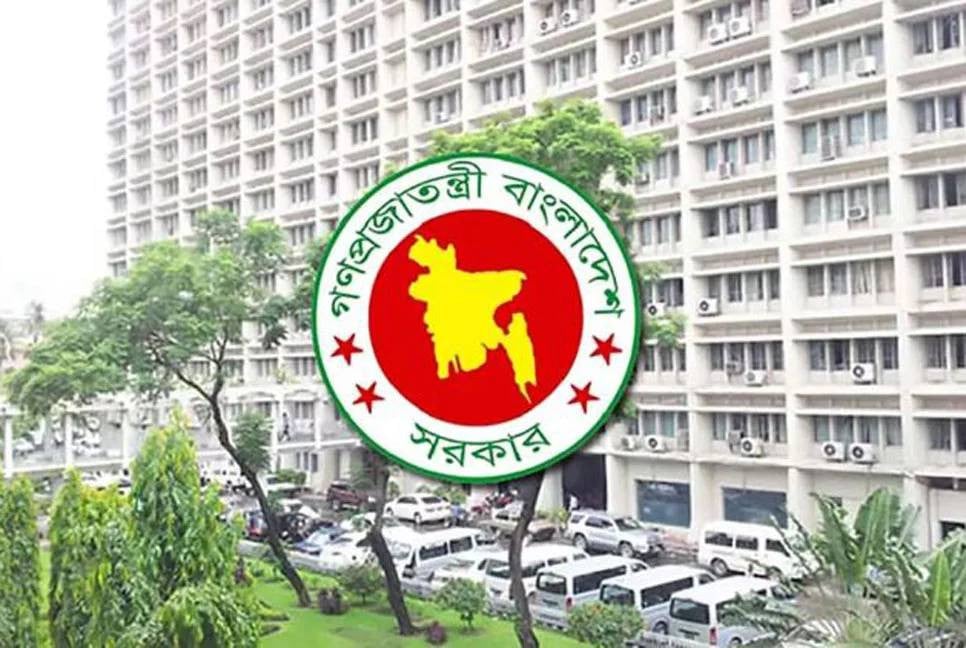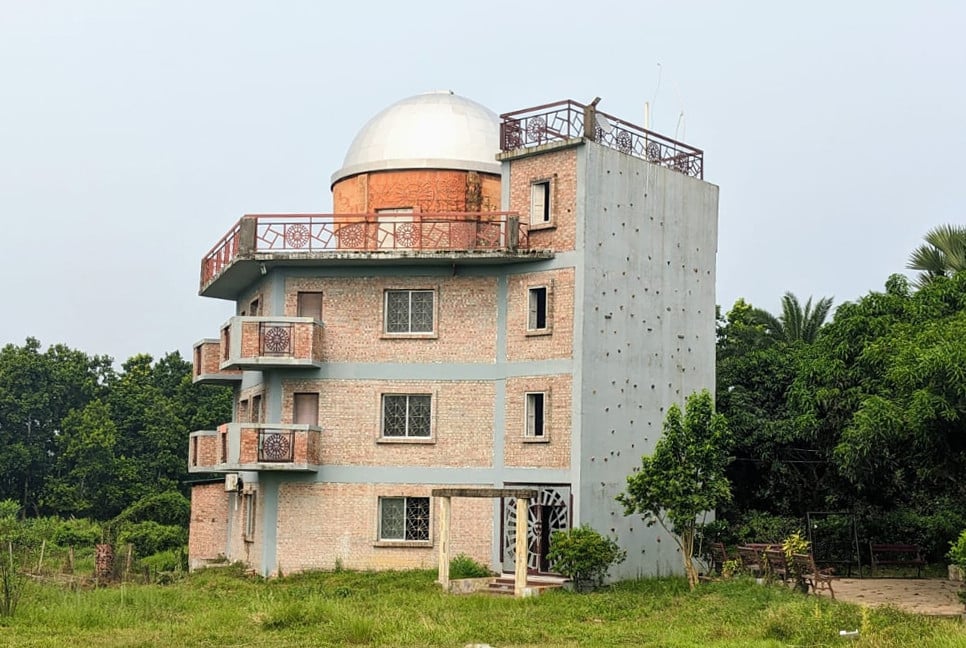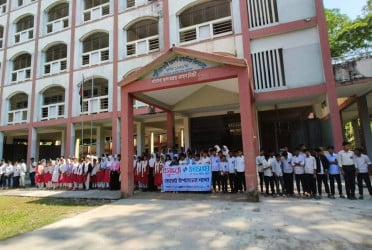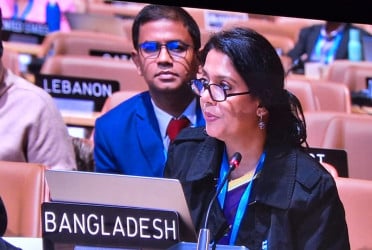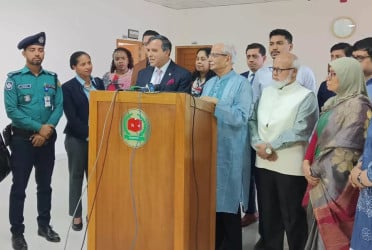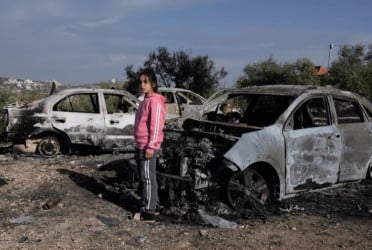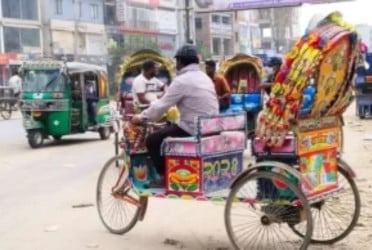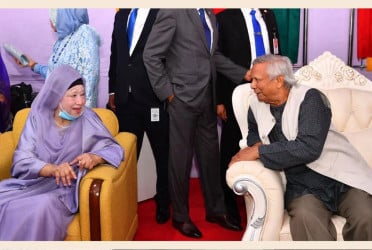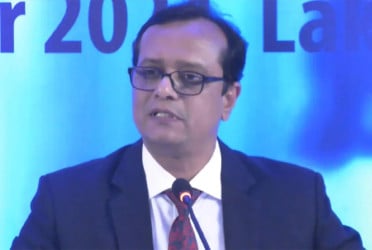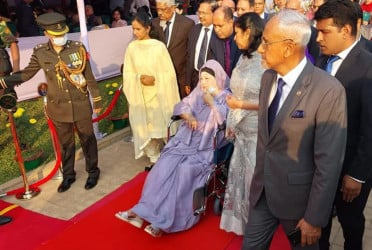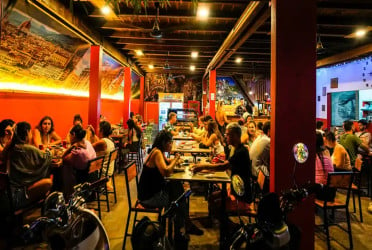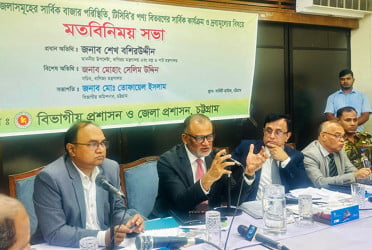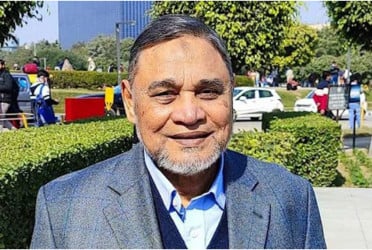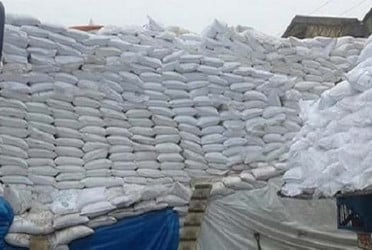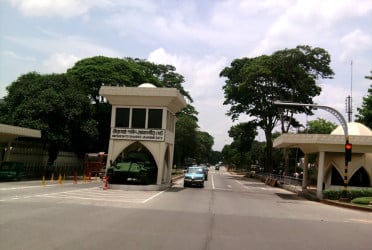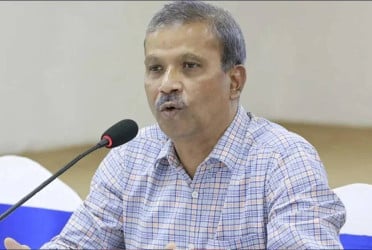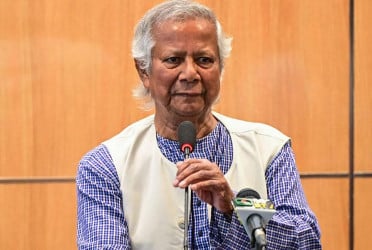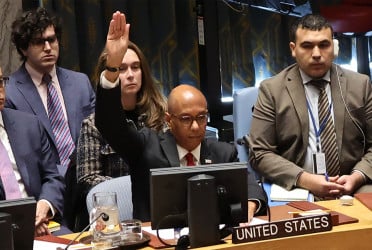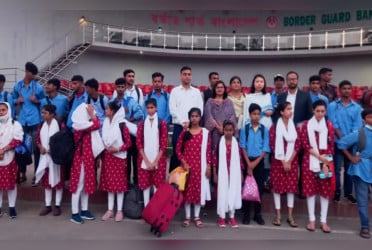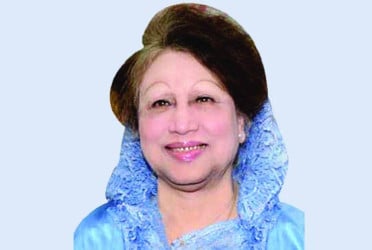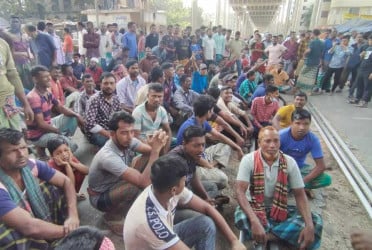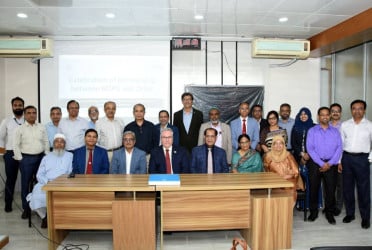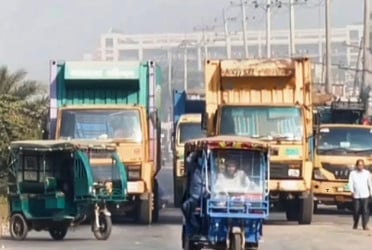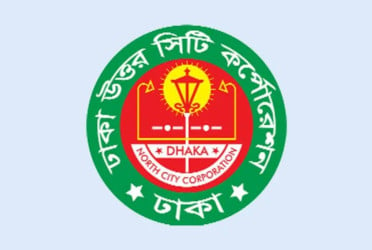The ministry of housing and public works has issued guidelines for building commercial establishments on both sides of the 100-feet roads of Dhaka. However, no feasibility study has been conducted prior to finalizing such principles which is closely related to public interest. Meanwhile, the urban specialists said if commercial establishments are built heavily in residential areas, then the pressure of transportation and communication will be increased in those areas. The activities of selling raw materials, daily essentials and vegetables on both sides of the roads will be increased too, besides the building of commercial establishments at a larger scale. As a result, traffic jams and human suffering will be escalated as well.
According to the observers, the main problem of Dhaka is population density and the flow of people towards Dhaka. Therefore, to solve the problem of the city, emphasis should be placed on reducing the flow of people towards the capital. Recently, the Minister of Local Government Rural Development and Cooperatives.,Tajul Islam also expressed the same thing in a statement. In an event in the first week of last June, he said that a limit should be fixed on how many people will live in Dhaka. It is time to make policy on this.
'Rajuk's position is contradictory'
According to Urban experts, as policy opportunities are created, many will want to take advantage of the opportunity to convert residential plots for a fixed fee in the hope of higher profits. As a result of this, employment opportunities will be created, but also the flow of people from villages and rural areas to the capital will increase.
Experts say the Capital Development Authority (RAJUK) released the revised Detailed Area Plan (DAP) last year. There, the height of buildings has been reduced to reduce the population density of Dhaka. The height of the building has been determined considering the area wise population. But through that organization, such new policies have been made that will help to increase the population density; This is a contradictory position. Unplanned Dhaka has four times more people living than its capacity. And civil facilities are only one-third of the requirement. There is almost six times more public transport than the capacity. If commercial expansion takes place in this situation, the condition of the capital will be more deplorable.
New policies combining 22 terms and issues, were aproved by the Ministry of Housing and Public Works for conducting commercial activities in the first and second phase residential plots of Gulshan, Banani, Baridhara and Uttara under Rajuk. According to this policy, conditional permission will be given for construction of commercial establishments on residential plots on both sides of 100 feet wide roads.
22 terms and conditions have been mentioned in the new policy of Rajuk. Ministry of Housing and Public Works has taken the lead in formulating this policy, while Rajuk has given support. However, stakeholders are expressing surprise that the policy was finalized without any survey.
A review of the policy revealed that the commercial activities on both sides of the 100 feet road in the residential area are - Gulshan Avenue in Gulshan Residential Area, Kamal Ataturk Avenue in Banani, Rabindra Sarani, Sonargaon Township, Gaosul Azam Avenue, Garibe Newaz Avenue, Shah Makhdoom Avenue, Shahjalal Avenue, Isha Khan Avenue and Alaol Avenue will be covered under this program. This provision will also be applicable in other areas under Rajuk where there will be 100 feet road. Private housing projects can also expand commercial activities in this opportunity.
Experts’ opinion
In this context, the executive director of the Institute for Planning and Development (IPD), urban planner Professor Dr. Adil Muhammad Khan said, “Decentralization of Dhaka has become more necessary in the current situation. We have been making this demand for a long time. In such a context, inviting more commercial establishments in Dhaka is unacceptable. Rajuk is not moving in the right direction. If this decision is implemented, the residential environment of these areas will be destroyed. Traffic congestion and public suffering will be increased.”
Architect Iqbal Habib, joint general secretary of Bangladesh Paribesh Andolon (Bapa), said, 'This policy is conflicting with Rajuk's revised DAP as various restrictions have been imposed to reduce population density. On the other hand, they also approved the policy of granting commercial approval without sufficient feasibility studies. I cannot even imagine how such a contradictory decision was taken.'
General Secretary of Bangladesh Institute of Planners (BIP) and urban planner Sheikh Muhammad Mehdi Ahsan said, “Such a decision should not have been made rashly. That is why it is necessary to conduct a detailed survey in those areas. After analyzing the overall situation, approval could be given to specific commercial establishments in those areas. But it is sad that this decision was taken without doing so.”
He said if commercial establishments are allowed on designated roads in residential areas, the pressure on Dhaka will increase. The livability of those areas will also decrease.
Rajuk city planner and director of DAP, Ashraful Islam said, “It would be better if such a decision was taken after a detailed study; However, Rajuk has been asked to conduct a detailed survey under the approved guidelines of the ministry. Rajuk's planning branch has already started that work.
Rajuk Chairman Md. Anisur Rahman Mia said, “Commercial activities have been approved in residential plots in different areas of Dhaka. But due to the lack of any policy, many commercial activities have been filed along the 60 feet and 80 feet roads. Through this policy, the hitherto chaotic situation is being brought to some order. However, the fee for changing the class of plots has been doubled so that the plot owners are not encouraged.”
Kazi Washi Uddin, secretary of the Ministry of Housing and Public Works, said, “Some roads in these residential areas had already been given commercial approval. There are allegations of irregularities and corruption in those decisions as there is no policy. A policy has been formulated for this so that Rajuk can conduct activities in a disciplined manner.”
He said, 'Rajuk has been asked to change the categories of residential plots after understanding the overall direction. They will carry out detailed surveys if necessary.”
@The report was published in Bengali on print and online versions of The Bangladesh Pratidin on August 26 and rewritten in English by Lutful Hoque

